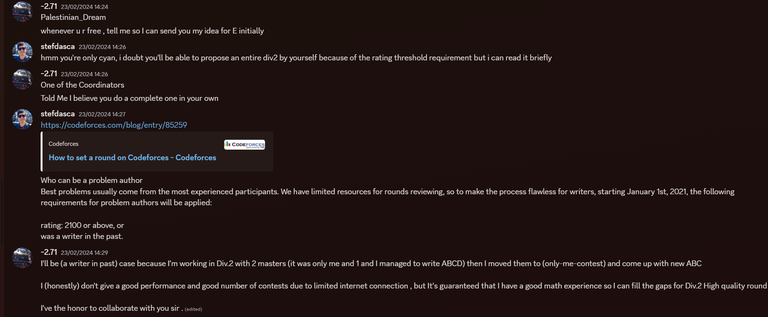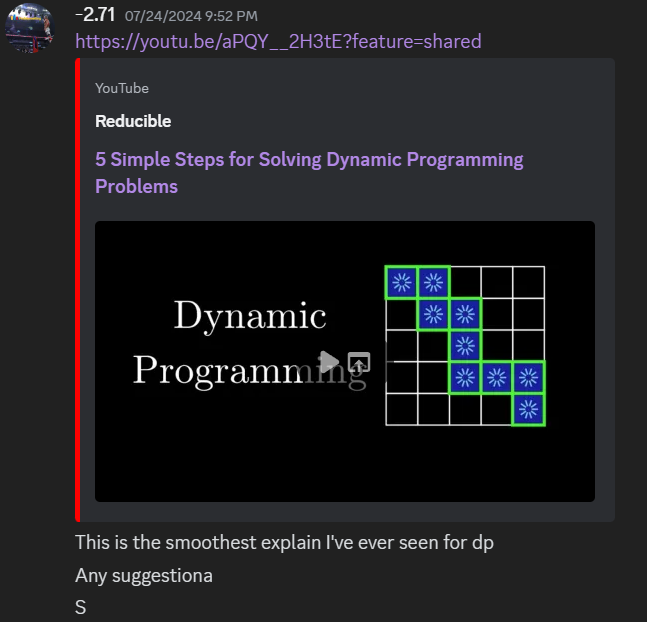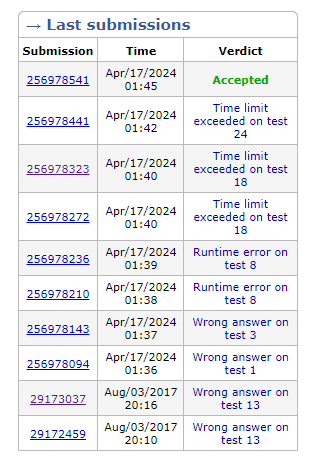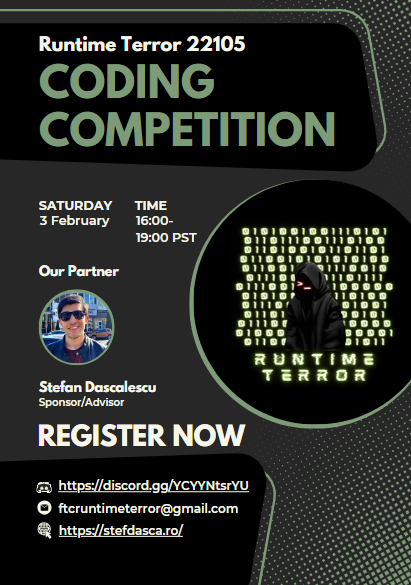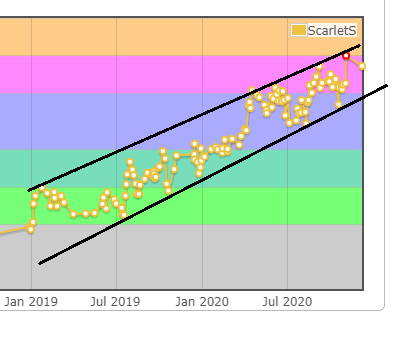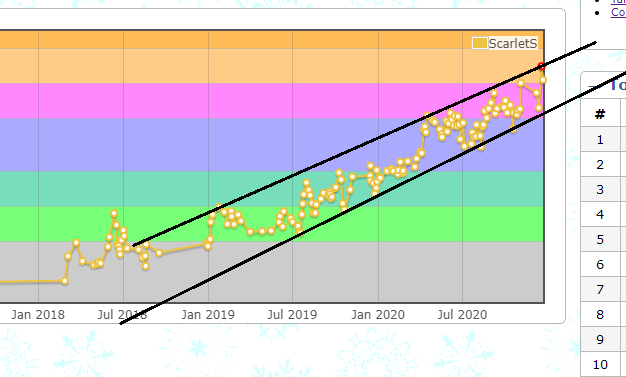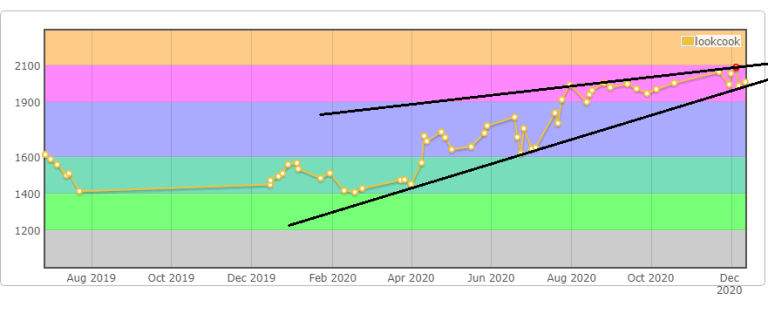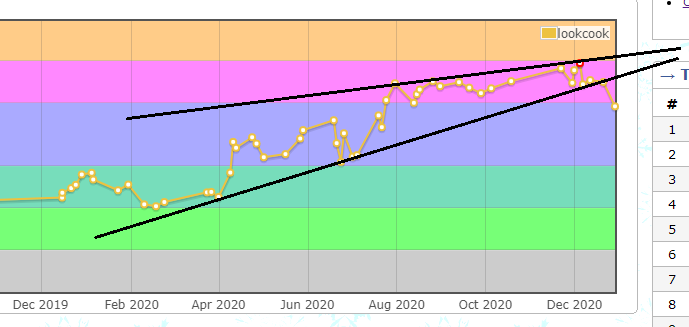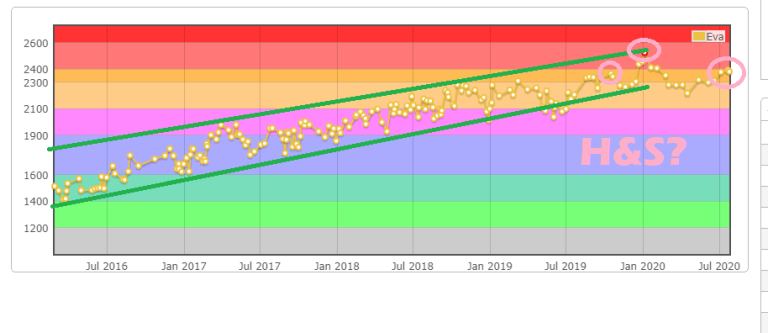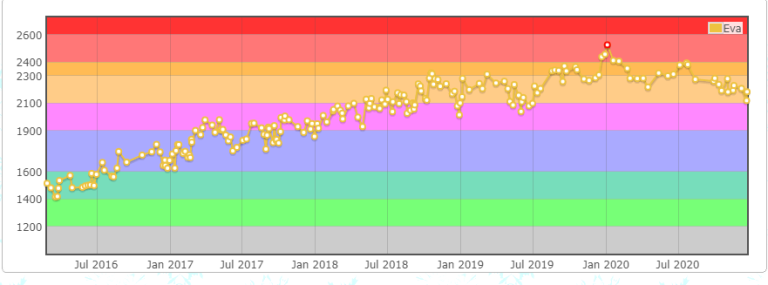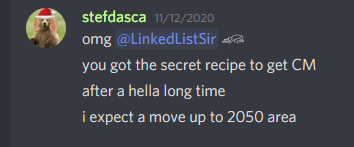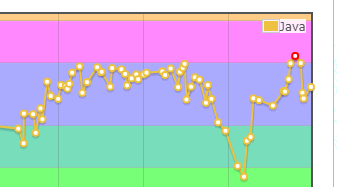The 2025 edition of the first international junior Olympiad of the year, Info1Cup is starting today with its competition days taking place tomorrow and on Sunday, so let's use this blog to talk about the contest days and their problems after the contest days are over.
You can also write the Codeforces handles of the participants and maybe even predict potential winners or high performers.
After the contest days, let's also discuss the problems here.
Good luck to all participants!
UPD1: Day 1 results are here
UPD2: There will be online mirrors on Kilonova, and they will be available starting on Monday, until Friday evening:
UPD3: The final results are here, huge congrats to Issatay Ismagzi for his win, representing Kazakhstan! Congratulations to everyone else who won medals and took part in the contest!










